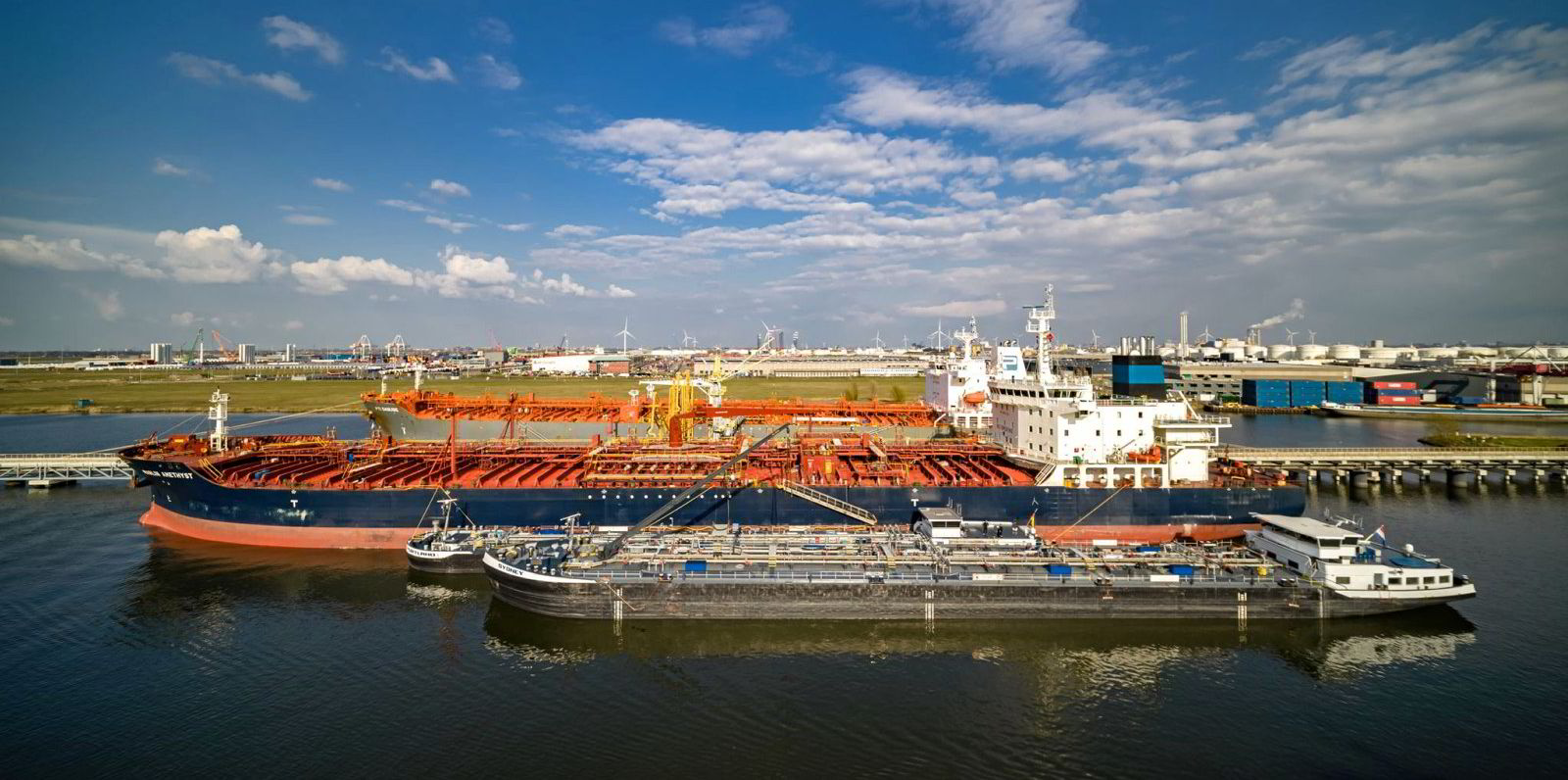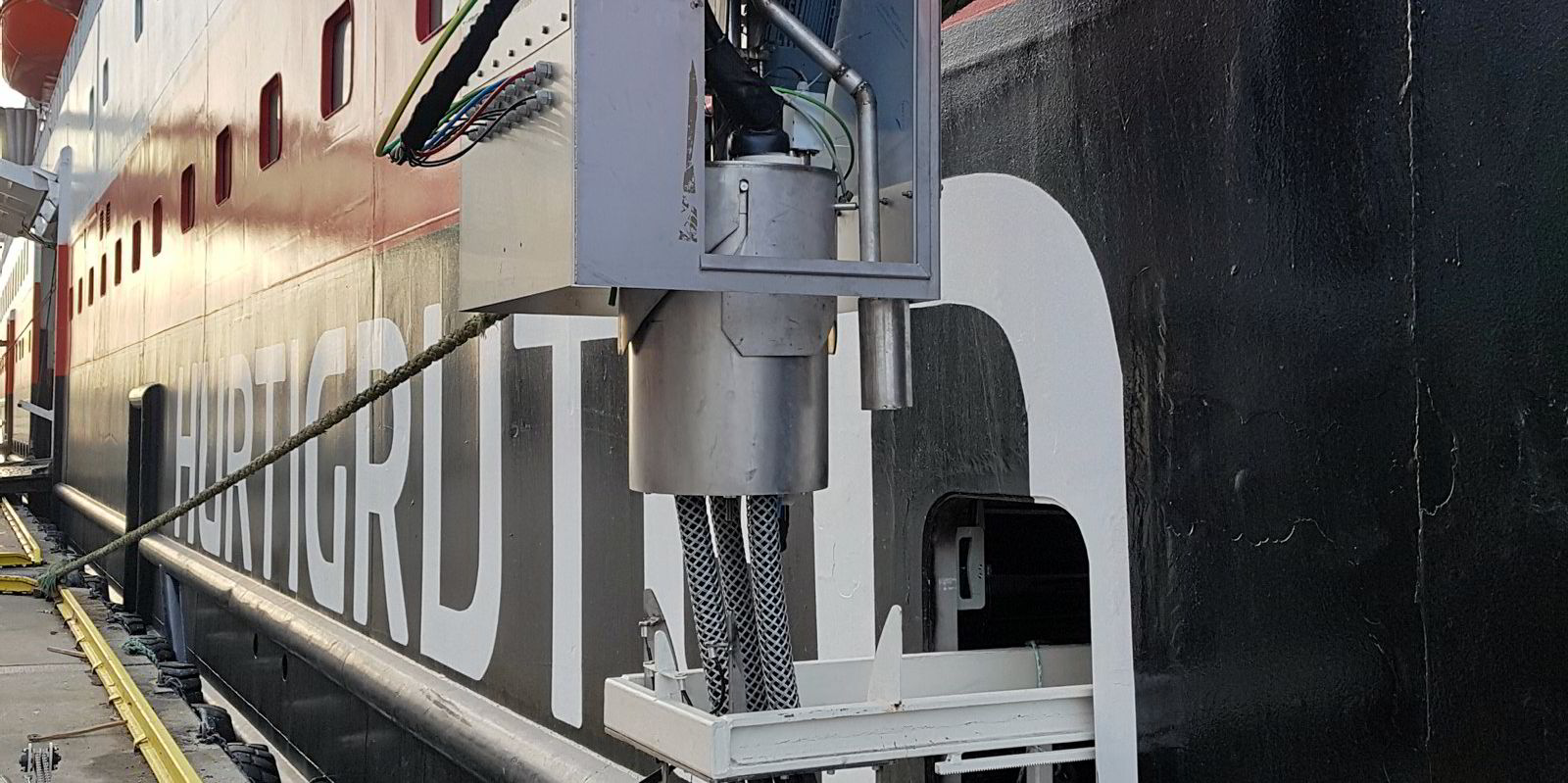With Brussels set to unveil new marine fuel standards for vessels trading in Europe, experts are seeing opportunities as well as challenges for ship operators.
Some suggest the new rules could prompt fresh shipping demand, while others fear they will lead to higher costs and enforcement issues due to an over-reliance on biofuels.
Much will depend on the detail of the FuelEU Maritime initiative, which is being drafted by the European Commission and is due to be finalised by the end of the year.
The initiative is one of the main policy instruments of the European Union’s sustainable and smart mobility strategy, approved by the Council of the EU in early June.

“We, the transport ministers, are sending a clear political message regarding our commitment to a more sustainable, inclusive, intelligent, safe and resilient transport system,” said Pedro Nuno Santos, president of the council.
“This transformation is essential and will be a major contribution to meeting the objective of a climate-neutral EU by 2050, in line with the Paris Agreement.”
As part of the strategy, Brussels aims to bring the maritime sector into line with the EU’s near-term target of a 55% reduction in greenhouse gas emissions by 2030.
FuelEU is widely expected to begin regulating the carbon intensity of bunker fuels used by ships calling at European ports before 2025.
New demand
The EC forecasts that biofuels will account for 39% to 40% of the total bunker mix by 2050 and synthetic fuels up to 20%, offering clues on how the regulation would be designed initially.
“The replacement of marine diesel with a suitable synthetic fuel could well be on the cards as a drop-in fuel,” Gibson Shipbrokers senior analyst David Bull said. “Due to the size of the bunker market, any additional low-carbon, drop-in fuels would be welcomed.”
Gibson’s research shows that if synthetic fuels become a major contributor to the decarbonisation efforts of the transport and power sectors, tanker demand could rise due to transport requirement.
“There will be the need to transport the fuels from production location, potentially in a part of the world where a surplus of sustainable energy is available, to final consuming markets,” the London-based brokerage said in a note.
“It would seem there would be no need for different tanker designs to carry these new fuels, meaning current tankers could potentially drop in and out of their current trading patterns and operations and transport these new fuels as and when required.”
Dependence on biofuel
But a joint study by the International Chamber of Shipping and European Community Shipowners’ Associations concludes that FuelEU could risk over-reliance on biofuels.
The organisations warn that the regulation might squeeze out shipping companies’ investments in other low-carbon technologies, as biofuels cost much more than conventional bunker fuels.
Moreover, they believe the EU could struggle to ensure that vessels meet the new requirement if shipowners opt to bunker outside of Europe.
“For international shipping, the introduction of an EU standard would require a certification of EU and non-EU fuel suppliers by the EU authorities,” the study said. “This would be very challenging to enforce.”






